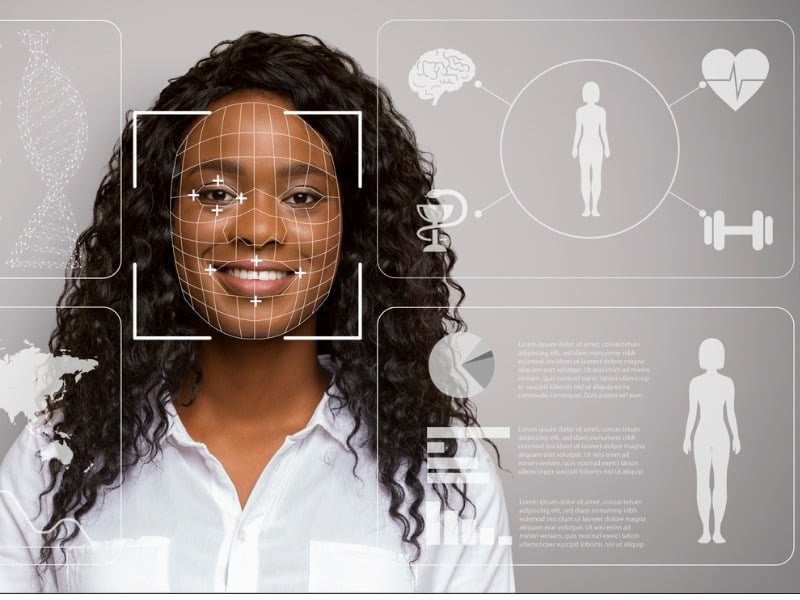The demand for digital identity verification is rapidly increasing across Africa as the continent continues to embrace digital transformation. With the proliferation of mobile technology and the increasing use of digital financial services, the need for secure and reliable means of identifying individuals online has become more pressing.
One of the primary drivers of the demand for digital identity verification in Africa is the growth of e-commerce and online transactions. As more and more people turn to the internet to buy and sell goods and services, there is a need to ensure that transactions are secure and that the parties involved are who they claim to be. Digital identity verification provides a way to confirm the identity of individuals and reduce the risk of fraud and identity theft.
Another factor contributing to the demand for digital identity verification in Africa is the increasing use of digital financial services. As mobile banking and other digital financial services become more popular, there is a need to ensure that individuals are who they claim to be before allowing them to access financial accounts and make transactions. Digital identity verification can help prevent fraud and protect both financial institutions and their customers.
In addition to these factors, there is also a growing recognition in Africa of the importance of identity verification for development and social inclusion. In many countries, large portions of the population lack access to traditional forms of identification, such as passports or national ID cards. This can make it difficult for these individuals to access basic services, participate in the formal economy, and exercise their rights as citizens. Digital identity verification offers a way to overcome these barriers and provide individuals with a secure and reliable means of proving their identity.
There are a number of initiatives in Africa aimed at promoting the use of digital identity verification. One example is the African Identity Management Initiative (AIMI), which is a partnership between the African Development Bank and the African Union Commission. AIMI aims to promote the development of national identity management systems that are interoperable and compliant with international standards, with the goal of providing every African citizen with a secure and reliable means of identification.
Another example is the Digital Identity for Africa (DIDA) program, which is a joint initiative of the African Union, the United Nations Development Programme, and the World Bank. DIDA aims to promote the development of digital identity systems that are inclusive, interoperable, and secure, with the goal of enabling every African to access basic services and participate in the formal economy.
There are a number of companies and organisations in Africa that are working to meet the demand for digital identity verification. One example is Airtel Africa, a telecommunications company that has launched a digital identity platform called Airtel ONE. Airtel ONE allows individuals to create a digital identity that is linked to their mobile phone number and verified using biometric data. The platform is being used to provide access to a range of services, including financial services, healthcare, and education.
Another example is the Identity and Access Management Corporation (IAMCorp), a company that has developed a digital identity platform called MyID. MyID allows individuals to create a digital identity that is linked to their mobile phone number and verified using biometric data. The platform is being used to provide access to a range of services, including financial services, healthcare, and education.
There are also a number of government initiatives in Africa that are working to promote the use of digital identity verification. One example is the National Identity Management Commission (NIMC) in Nigeria, which is responsible for developing and implementing a national identity management system. The NIMC has developed a digital identity platform called the National Identity Database (NIDB), which allows individuals to create a digital identity that is linked to their national ID card and verified using biometric data.
In conclusion, the demand for digital identity verification is increasing rapidly across Africa as the continent embraces digital transformation and the use of digital financial services grows. A range of companies and organisations, both private and public, are working to meet this demand by developing digital identity platforms that are secure, reliable, and easy to use. These platforms are being used to provide access to a range of services, including financial services, healthcare, and education, and have the potential to promote development and social inclusion by providing individuals with a secure and reliable means of proving their identity.


